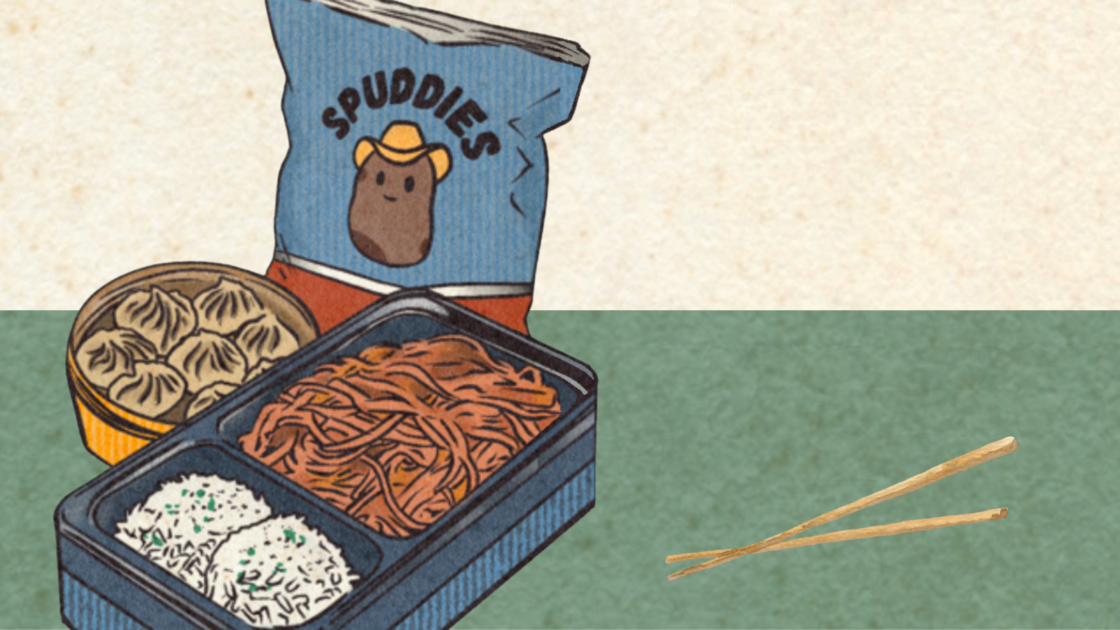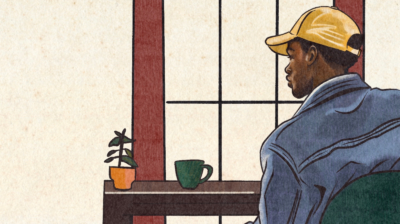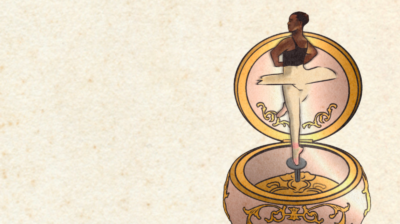The joys of being Irish and ____
Colleen describes how belonging to more than one culture can bring a beautiful fusion to life.

We’ve all seen it. Whether first hand or vicariously through a film or TV show, we’ve all been there – the dreaded ‘Lunchbox Moment’. Sure, the experience might not have been as dramatic as, for example, Eddie Huang’s in the American programme Fresh Off The Boat – where an ignorant bully calls Eddie’s lovingly-made Chinese lunch “gross”, saying it “smells” and looks like worms – but most of us, especially those with first-hand experience, can recall some rendition of the event.
My lunchbox moment
For me, it was in primary school, fifth class to be exact. I had just moved to a new school and suddenly had to prepare a lunchbox to bring every day. This was new to me, as until then I’d been attending a DEIS (Delivering Equality Of Opportunity In Schools) school, meaning that meals were provided for all students, and there was no need to bring anything extra.
I’d survived quite a long time before experiencing this milestone, understanding only at 10 years of age that what my family ate at home was different to what my classmates were being served after finishing their times tables.
As my classmates opened their lunchboxes to reveal ham sandwiches, Tayto, and Petit Filous, I suddenly became self-conscious of the contents of mine. I knew my Mum had packed cutlery, yet all of my peers ate their dry foods with their hands. My lunch had been fried and boiled that morning, while my classmates’ came cold and odourless. That day, my friends quite eagerly asked about my Mum’s ninjin-shirishiri and sticky rice, commenting that it smelled delicious… and yet, I felt like an outcast.
Children, especially at such young ages, are very sensitive to rejection and want only to fit in with other kids their age. As a result, I asked my Mum to stop cooking my lunches (but of course instead begged for the same food for breakfast) and prepared myself cold snacks and sandwiches that imitated the others. This was all because, at that moment, I felt so irreparably different from my classmates and was desperate to prove I was Just. Like. Them.
Of course, I wasn’t though. I wasn’t like them; I was mixed-race.
Back then, I felt that being mixed was a curse; a hex that meant I’d forever be out of place. Too Irish for Okinawa and too Asian for Ireland. Every local, here, would ask where I’m really from, and so would the locals on the other side of the world. I’d lost the ability to communicate how I wanted with my mother’s family and didn’t have the cultural competency to understand my father’s either. There were always sayings, phrases, or rules I never seemed to know, pointing out just how little I belonged in each space.
So where do I belong?
It’s a question almost every child immigrant has pondered, or even lost sleep over. So where do you belong? Everywhere, of course.
In the last few years, it’s become easier to understand that this multiculturalism is and was a gift. How many people get to experience the blending of cultures on a daily basis? I know that we do.
As a result of being different, as much as there were difficulties, there are also peculiar delights that I would not have otherwise known – new recipes that are a delectable mash-up of native and adopted cuisines, or the ability to hold many languages in one mouth. The eventual belonging to multiple spaces, traditions, or nationalities can make a person whole and not splintered. It is something that enhances what may be less if apart.
For me, this means understanding the colonial struggle from multiple viewpoints and feeling connected to many parts of the world. It is also the lilting songs, the jigs and eisa, and celebrating double the holidays. The relationships between nations exist through people and their practices. Immigrant children are living, breathing proof. There is some remarkable and wondrous joy in being more than just Irish, in being Irish and ____.
Feeling overwhelmed and want to talk to someone?
- Get anonymous support 24/7 with our text message support service
- Connect with a trained volunteer who will listen to you, and help you to move forward feeling better
- Whatsapp us now or free-text SPUNOUT to 50808 to begin.
- Find out more about our text message support service
If you are a customer of the 48 or An Post network or cannot get through using the ‘50808’ short code please text HELLO to 086 1800 280 (standard message rates may apply). Some smaller networks do not support short codes like ‘50808’.






